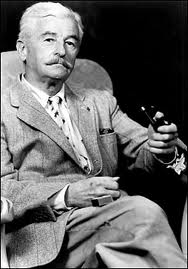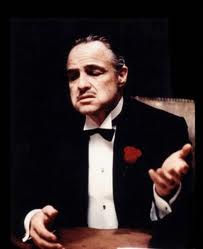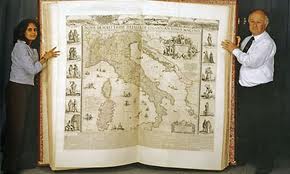
Every once in a while, I see the question brought up in a Facebook discussion group, or posed even here on the blog. There are those who equate the word author with only the highest literary form. The word writer is reserved for the next echelon of those who sully the art for mere profit, writing populist tripe about sparkly vampires and little boys going off to some sorcerer’s academy. But at least these were published by a genuine traditional publishing house.
Then, I suppose, are we mere doodlers and scribblers—little better than chimps with keyboards, the indies. We are the “Cousin Eddie” of the entire tradition. No respectable publisher would have us. Why don’t we just die? Oh, the humanity. Continue reading “The Difference Between a Writer and an Author”



